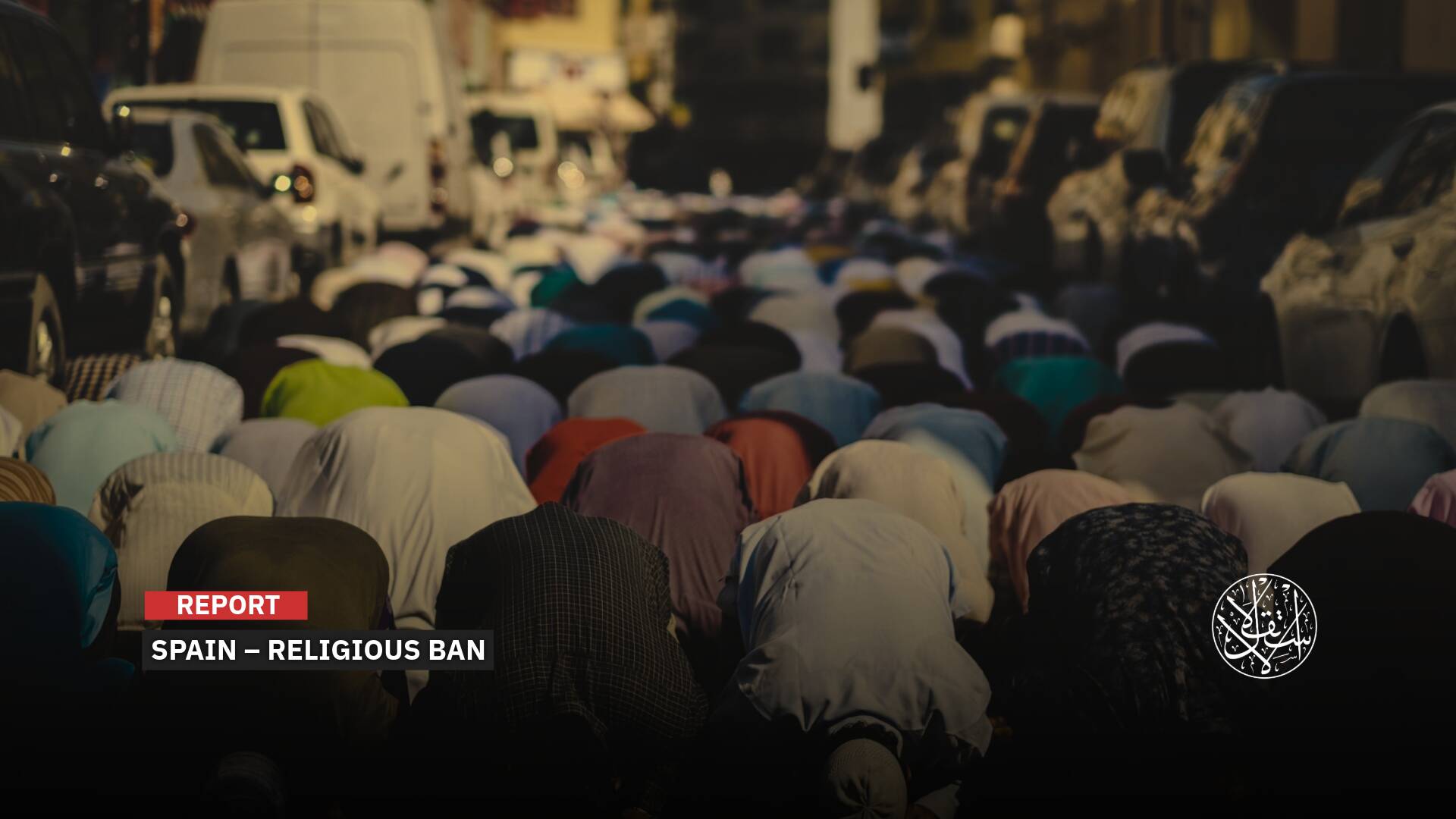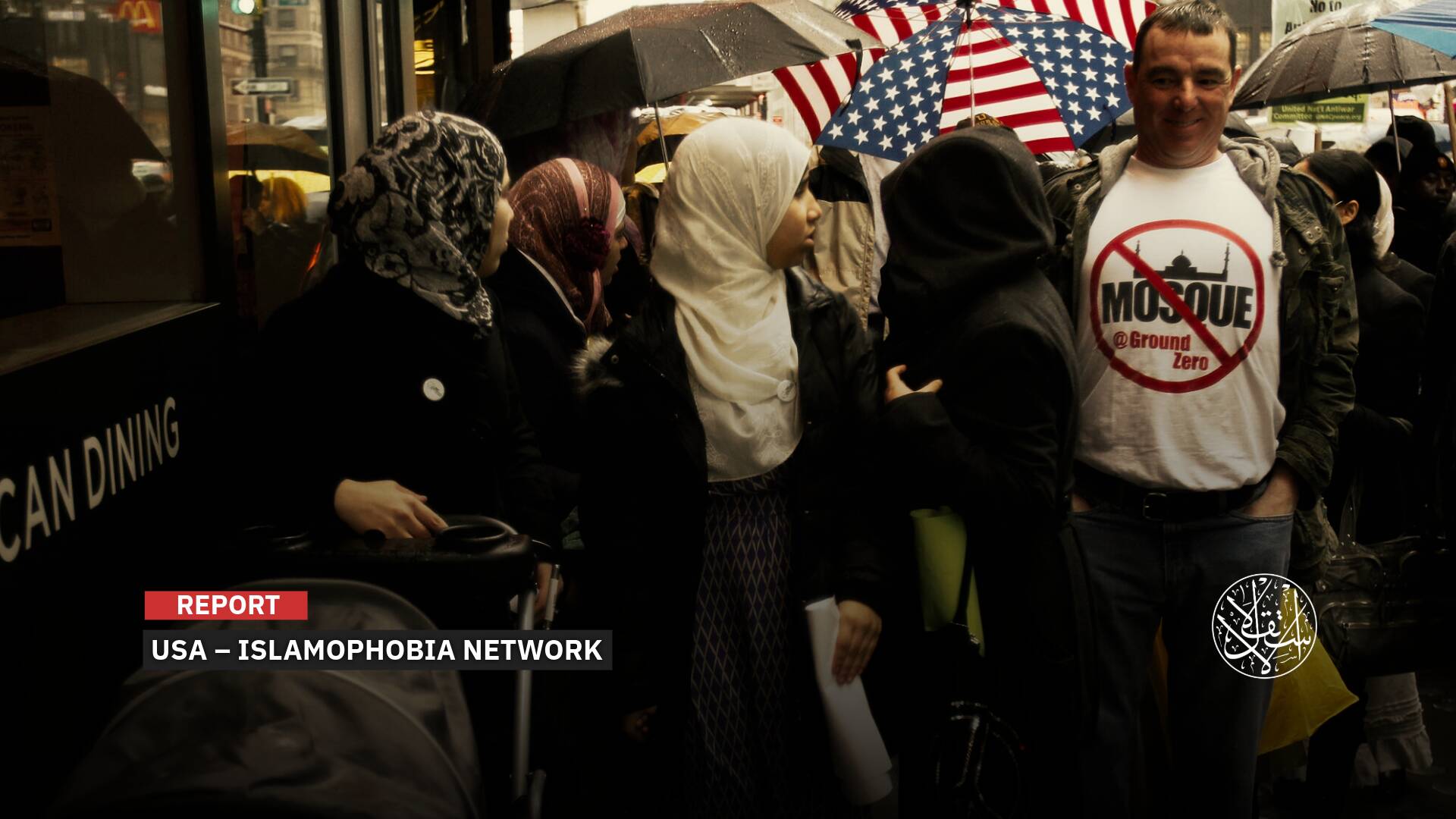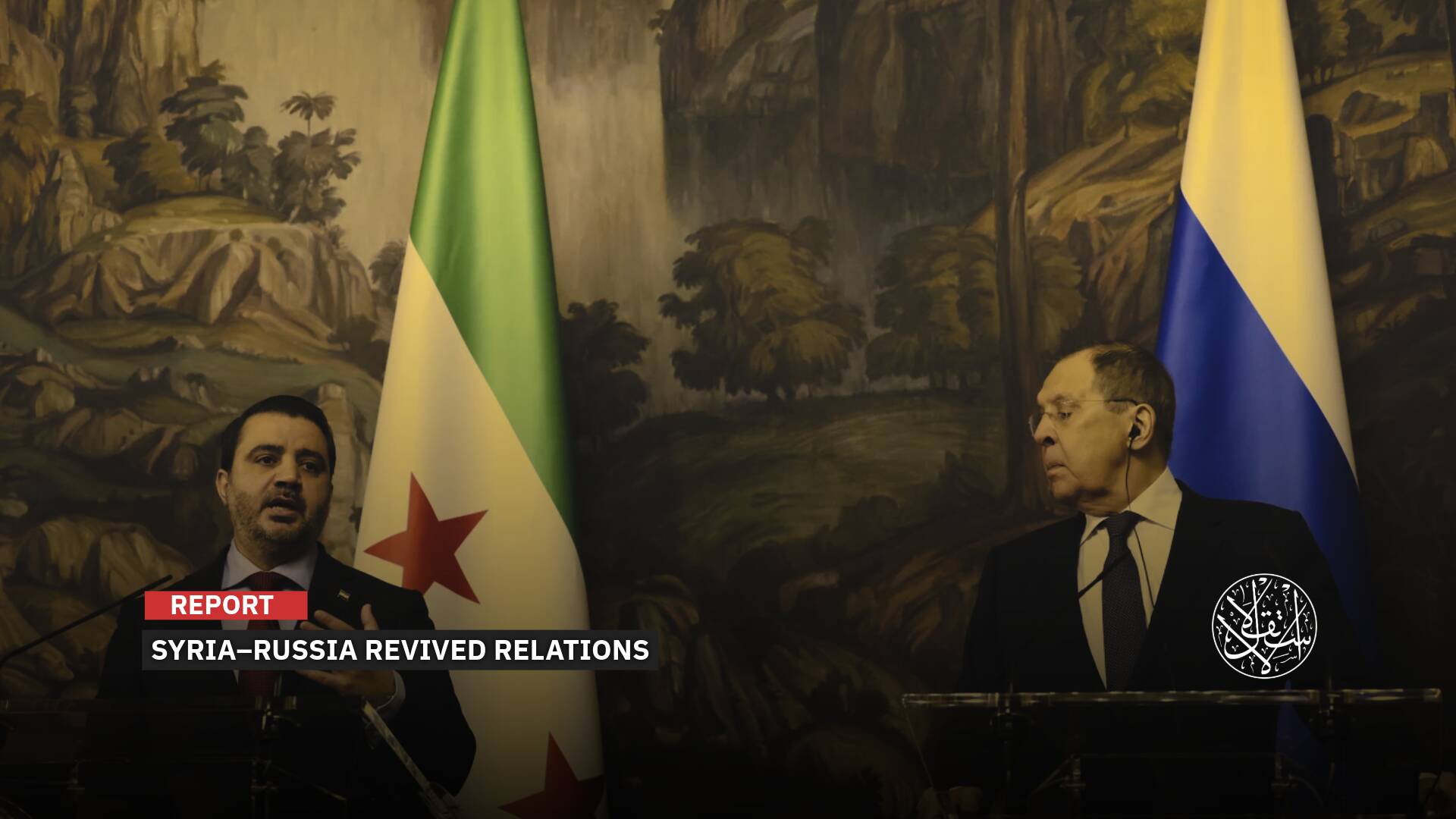Why French Authorities Are Afraid of Tik Tok Muslim Influencers?

It has become obvious that social media’s role is very important in disseminating information and news to the audience.
But today, through influencers, the information could be shared faster “in a wider spectrum,” and their opinions strongly influence other people’s decisions, lifestyle, and even beliefs.
On TikTok, for example, Muslim influencers in particular, reach a large audience through ultra-short videos to present and teach Islam in attractive contemporary ways leading many young people around the world to convert to Islam.
However, the new generation of Muslim influencers has frightened French authorities to consider these videos as “seductive” and “a new Salafi movement,” according to the report On TikTok, The New Wave of Muslim Influencers, that was published on Wednesday, January 26, by La Croix.
Showing much fear of Islam spread, the report told the story of how a young woman was seduced by a green-eye-charismatic Muslim influencer to finally become a proud Muslim.
‘Why Such a Success?’
A new generation of Muslim influencers reach a considerable audience on TikTok through “ultra-short videos” to promote a “rigorous approach” to Islam, as the report described.
The domination of such discourses on one of the favorite applications for young people “worries” the French authorities; the writer clearly highlighted the word “worry,” then asked: “Why such success?”
These short videos were mostly to remind the followers of what is permitted and what is not in Islam. Short, energetic and attractive, they are directed to Muslims but increasingly affect non-Muslim youth around the world.
The report told the story of the bakery employee, Charlène, who, according to the writer, had never passed through the doors of the Lannion mosque until November 2021, when she decided to go there, secretly.
After months of thinking, mediating and observing, Charlène decided to go to the imam to tell him that she wants to be Muslim.
Through a phone call, she told La Croix that “this desire came during the first confinement, after a difficult period.” Now a practicing Muslim, Charlène, 27, grown in Catholic establishments, said she does appreciate the opportunity that Islam offers her. According to the report, Charlène prays every day, eats halal and no longer drinks alcohol.
“I follow the rules that seem the fairest to me, that suit my personality the most,” she said.
“But I can't imagine stopping celebrating Christmas, or my little boy's birthdays. I know it's not right, but we all do stupid things!”
The writer commented on “not good” by ironically asking: “Where did she hear that celebrating a birthday was a sin? The answer can be summed up in two words: on TikTok.”
Muslim Influencers on the Rise
Charlène converted to Islam thanks to Redazere, a Muslim influencer on TikTok. With Green eyes, soft beard, and so much energy, this 26-year-old Algerian lives in Quebec, publishes daily ultra-short videos through which he reminds Muslims of the religious etiquette in an attractive way through challenges.
Depending on the questions in the comments, this charismatic young man, calls for charity, and launches participative challenges like giving the most names of Allah in thirty seconds, for example.
Charlène said that “there are Christian accounts on TikTok, but Muslims are the ones who attracted me, especially Redazere with his personality and energy, he's really attractive.”
The girl wrote in a comment that she converted to Islam, and she thanked Redazere for that; this comment received more than 2,500 likes, according to the report.
The writer said that Redazere, followed by about 1.7 million followers, “is the first religious influencer who speaks French on TikTok.”
Salafi Movement Pretext
According to the writer, when hearing Charlène’s story, People remember the controversy speech of the famous rapper James, who asked his fans, through video, not to celebrate the New Year, because it is forbidden in Islam.
It is difficult to link this discourse to a particular movement, even if some experts agreed to describe it as a Salafi movement, according to La Croix.
Benjamin Hoday, associate researcher at the French Research Center Montaigne, explained in the same report that “we are not at all facing the harsh Salafism close to jihadism that imposed itself in the first decade of the 21st century, Muslim influencers know how to control their speech.”
However, the authorities—as the writer says—are concerned about simplifying Salafi theses on TikTok which is strongly preferred by young people.
Christian Gravel, Secretary-General of the Interministerial Committee to Prevent Deviance and Extremism, said that “we find a hugely influential Islamic and separatist logic, aimed at separating the community of believers from the "infidels" community.”
Islamophobia Complex
Poisonous discussions about Islam, mixed with stinging attacks on race and migration, are becoming continuously more venomous in France.
Despite the success of TikTok videos of Muslim influencers and the smart way Muslim youth is presenting Islam to the world, France won’t miss the chance to point fingers at Salafism.
Not to mention France’s major crackdown on its Muslim minority more than a year ago, where Macron and his current government shut down mosques and Islamic centers on the pretext of “radical propaganda,” promoting hate speech and Islamophobia inside and outside the country, according to Daily Sabah.
The country's Interior Minister Gerald Darmanin announced last year that France “would step up checks against places of worship and associations ‘suspected’ of spreading ‘radical propaganda.’”
However, critics stressed that the French authorities use a wrong and ill-defined concept of “radicalization” to give grounds for the imposition of measures without valid justifications, leading to discrimination against Muslim minorities.













